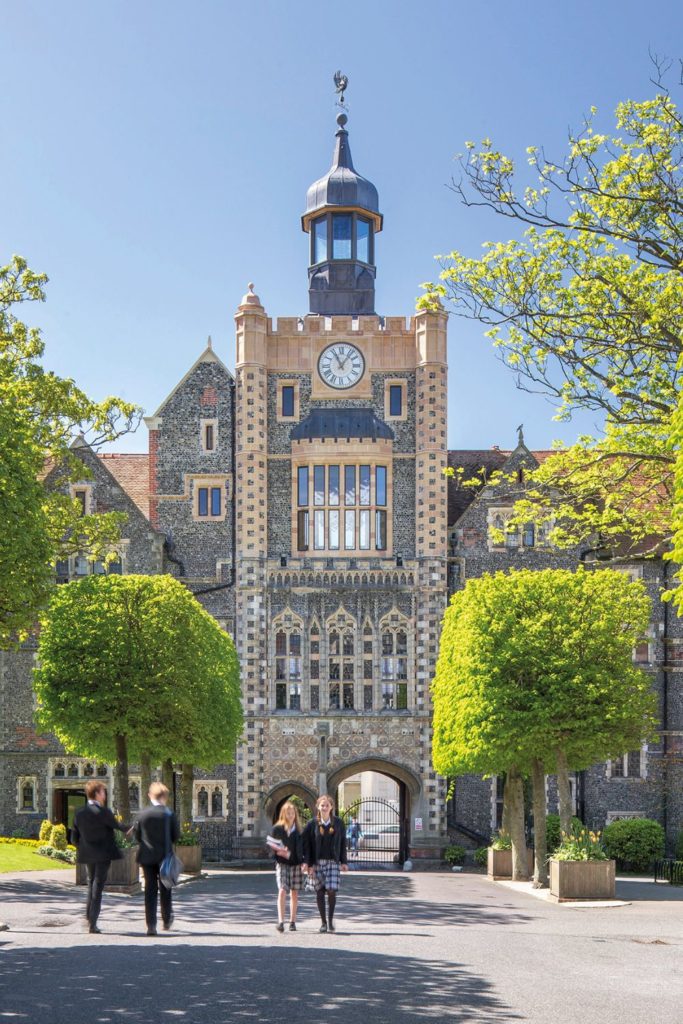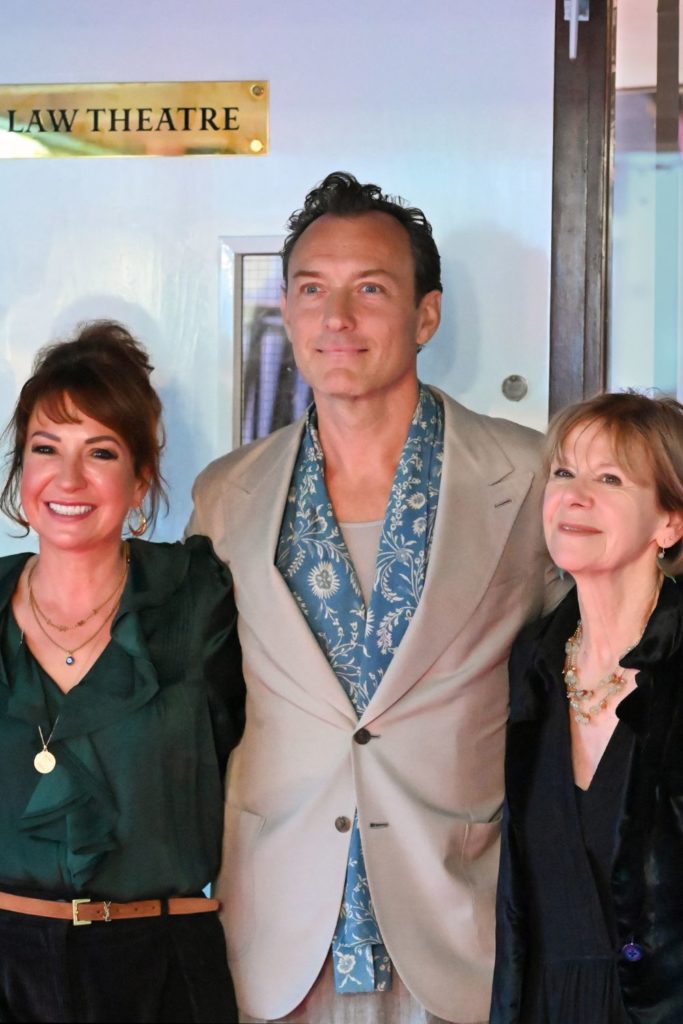Incredible Global Schools Worth the Long-haul
By
7 years ago


World-class and unique, these schools are worth going the distance, says Charlotte Fairbairn
Organic Growth
In his 2010 TED Talk, Bring on the Learning Revolution, the educationalist and public speaker Sir Kenneth Robinson made a plea for the reformation of our education system. He said that we overlook children’s individual talents at our peril and that we should tailor our teaching to our children rather than squeeze them into accepted and largely outmoded norms.
There is an increasing number of parents who subscribe to this growing thought, who have children excelling at singing, skiing, the outdoors and wish to foster their native talents, or who want their children to grow up with a fistful of languages in their pocket, a broad international horizon or profound and far-reaching ecological beliefs, and for whom a linear, goal-driven, school-to-college nature of education is not a prime consideration. These parents are asking, is there an option? And looking for schools which might offer a more tailored, more imaginative, indeed – to use an educational buzzword – more holistic approach towards their child.
In 2006, jewellery designers John and Cynthia Hardy asked themselves just this, while searching for a non ‘cookie-cutter’ education for their daughters. The couple lived in Bali and wanted a school to give their children an inspiring education. Unable to find it and galvanised by reading Alan Wagstaff’s Three Springs, about an educational village community, and Al Gore’s environmental documentary An Inconvenient Truth, the couple segued from business into education founding the Green School in Bali.
An Environmental Ethos
Ten years after opening, the Green School now has over 500 pupils, with annual fees including boarding of £14,000 attracting parents from around the world, because of its unique mindset. Sharp volcanic black rock peppers the main path between wall-less classrooms built from renewable bamboo, fosters a meditative approach as pupils are forced to pick their way over the treacherous lava.
‘Our vision is of a natural, holistic, student-centred learning environment that empowers and inspires our students to be creative, innovative, green leaders,’ explains Hardy. Staff and children live and breathe ecology, surrounded by jungle, water-collection and organic permaculture systems; everything at Green School is about the environment and preparing its pupils for a life engaged with this most pertinent of issues. In 2015, two of its students founded the Bye Bye Plastic Bags initiative – now a worldwide movement.
Educate the Passions
Cut to a different exotic location where educational dreams and ideals slant in another direction. Gerry Young is head of the recently established Windsor School sitting in a bay on the south of New Providence island in the Bahamas, with annual fees of £38,000. As a young teacher, Gerry was a disciple of Michael Mavor, the late head of Loretto, whose headmastership is the stuff of legends. Mavor believed deeply that if you allowed a child to follow his passions, you would get the best out of that child in all ways. Young now finds himself running a school where coding, robotics, sound engineering, tennis, golf and marine science all jostle for space with academic work in the daily timetable. ‘When I was first appointed, I went to the board and asked if they would let all pupils do academic work in the mornings (A-level or GCSE syllabi) and indulge their passions in the afternoon. It took a bit of persuading but it has already paid dividends,’ says Young.
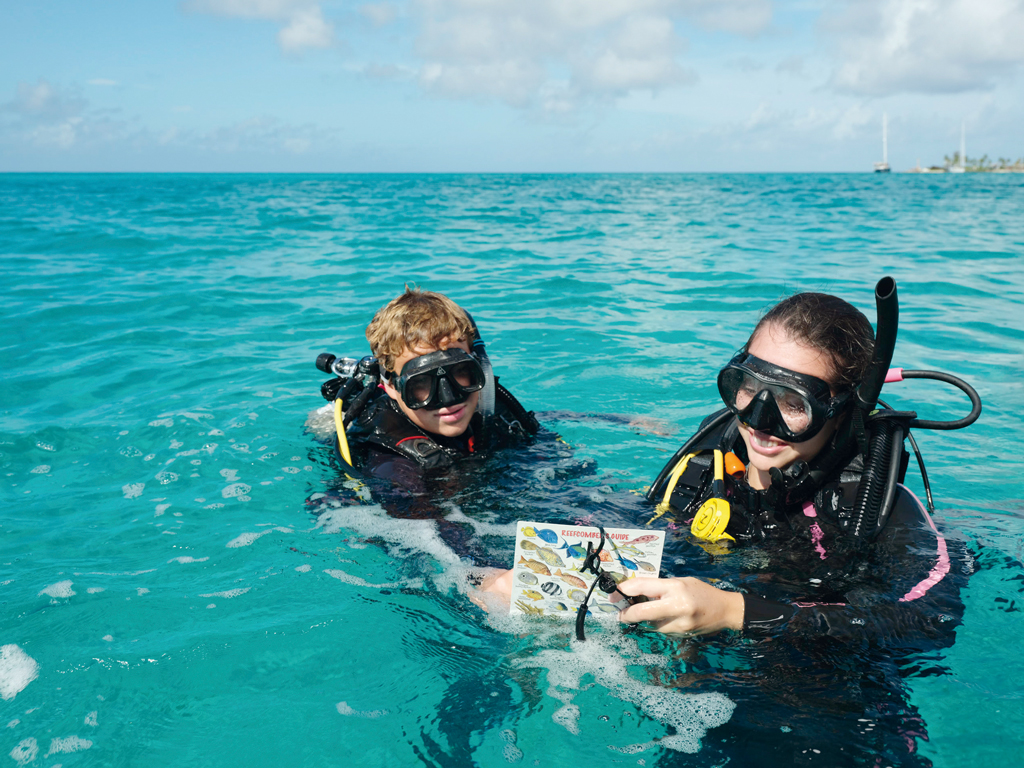
Thanks to a remarkable pool of support (Windsor School is housed in Albany, one of the world’s most exclusive resort communities), the school has been able to create the Bahamas Youth Foundation which gives out scholarships to local Bahamians. In 2017, one of their scholars was granted a 100 per cent scholarship (trumpet) to the Juilliard School. Young goes on to add that another pupil, on a golf scholarship from Singapore, will almost certainly become a world name in the game. She is currently 12 years old.
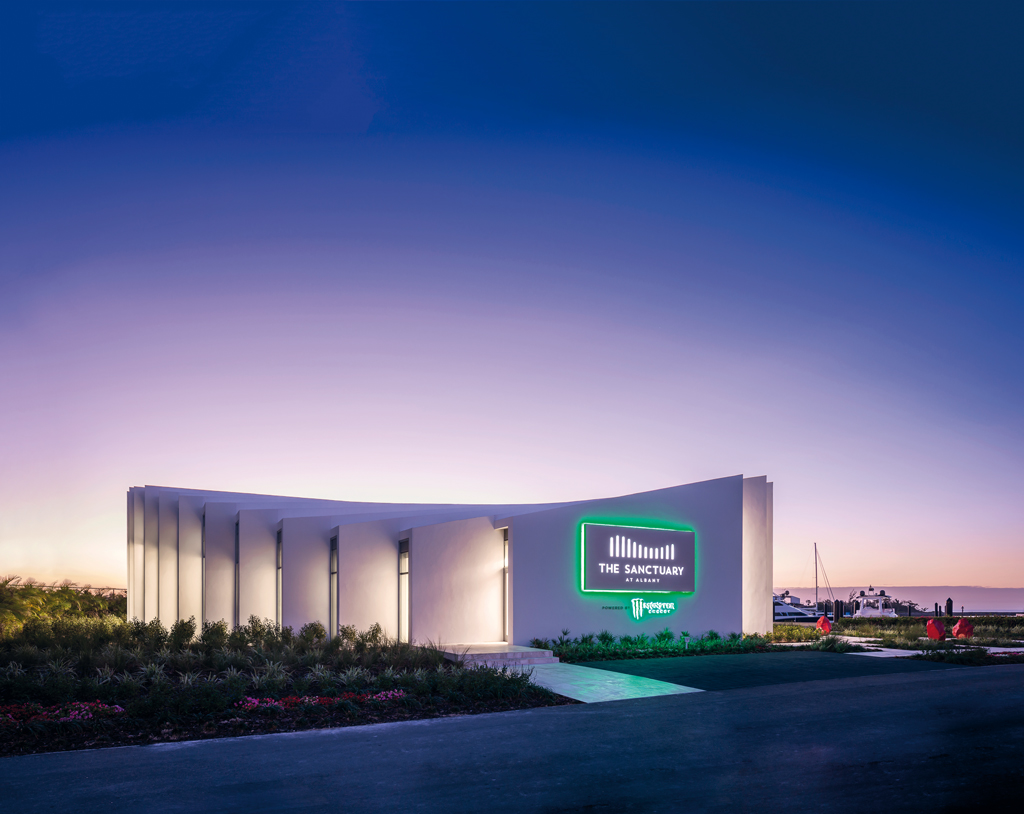
Challenge the Body
More exotic yet, the A+ World Academy is located not in one place but many. For this is a school on a ship. The Sørlandet is the oldest tall ship of her kind still in operation, founded in 1927 as a training ship for sailors., which sails from Norway, around Europe, North and South America and parts of the African coast, running as a school for 16 to 19 year old students. For annual fees of £56,500, pupils learn not just the US curriculum but vital lifelong skills.
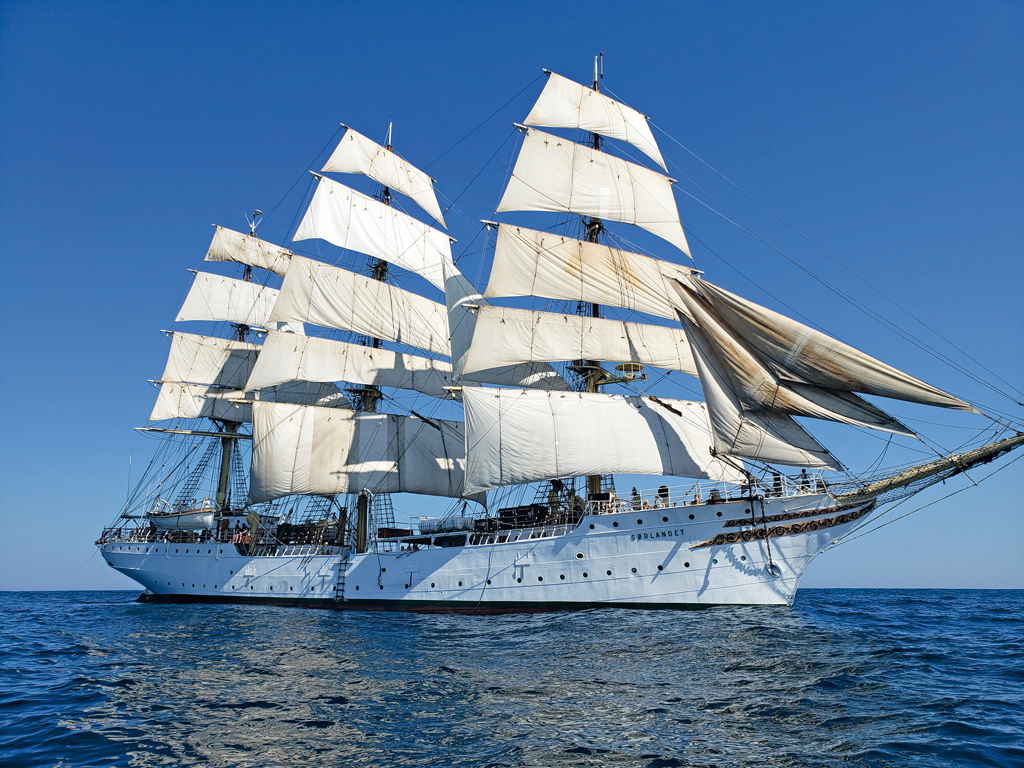
Carlos Guerrero, a Mexican alumnus of the A+ World Academy who was on the Sørlandet for a year in 2014, shortly after it came into existence, says the experience changed his life: ‘It was very challenging. It may not be for everybody but it initiated so much personal growth. There were 60 of us; we all came from different places and we all had to get along. The experience has made me much more open to other cultures. Many of us are now interested in sea-based careers like Marine Biology. I hope to study Maritime Law.’
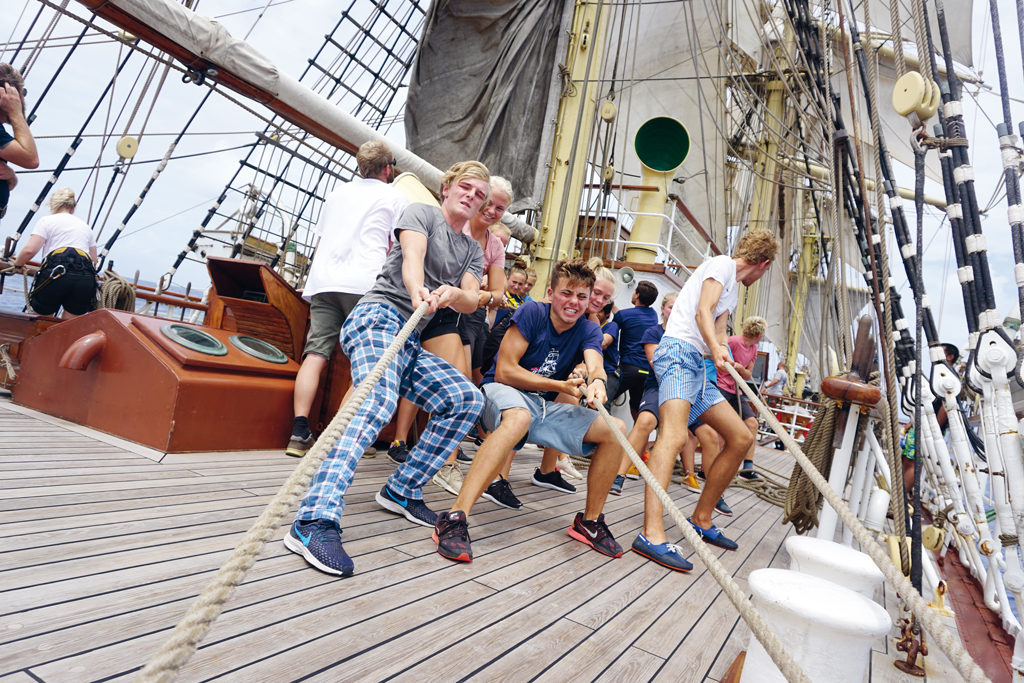
An Educational Revolution
That Ken Robinson is tapping into the zeitgeist with his thoughts on the need for a revolution in education can be seen in the fact that all the above schools are young. There is an appetite, he is right, for schools that cater to passions – that look at the whole child. And Green School, Windsor School and the A+ World Academy are responding to this. Yet it is also true to say that within organisations such as Round Square, the values enshrined in these three very different schools have been on the educational agenda for a long time.
Round Square is a group of 200 invite-only member schools around the world who subscribe to the philosophy of Kurt Hahn who founded Gordonstoun in Scotland on the principal of his IDEALS; internationalism, democracy, environment, adventure, leadership and service. Eight of them are in the UK including Milton Abbey, Cobham Hall, Wellington and of course Gordonstoun.
Nourish the Soul
L’Aiglon in Switzerland is another, which was founded in 1949 by John Corlette, a disciple of Kurt Hahn. Like Le Rosey in Gstaad, and unlike most of Switzerland’s many international schools, L’Aiglon is a boarding school and the majority of its pupils are from beyond the Swiss border. Hahn’s beliefs that education should nourish mind, body and soul remain true at L’Aiglon and the school’s spectacular mountain setting – no playing fields, level or otherwise; but plenty of snow-sports – ensures that these beliefs are adhered to.
Ask Richard McDonald, head of L’Aiglon whose eye-watering annual fees are circa £80,000, why parents choose his school and he numbers international diversity high on the list. ‘We have 340 pupils of 56 different nationalities – a truly global student body. And while our parents choose us for a myriad of different reasons, almost all of them wish their children to live international lives. When you look at the Aiglon alumni, you see that this wish very much plays out.’
‘This is a very busy school,’ continues McDonald, ‘and expectations of our pupils are high. But we appraise incoming students in a holistic way [scholarship students also] and if we see potential beyond the academic, we will act on that.’
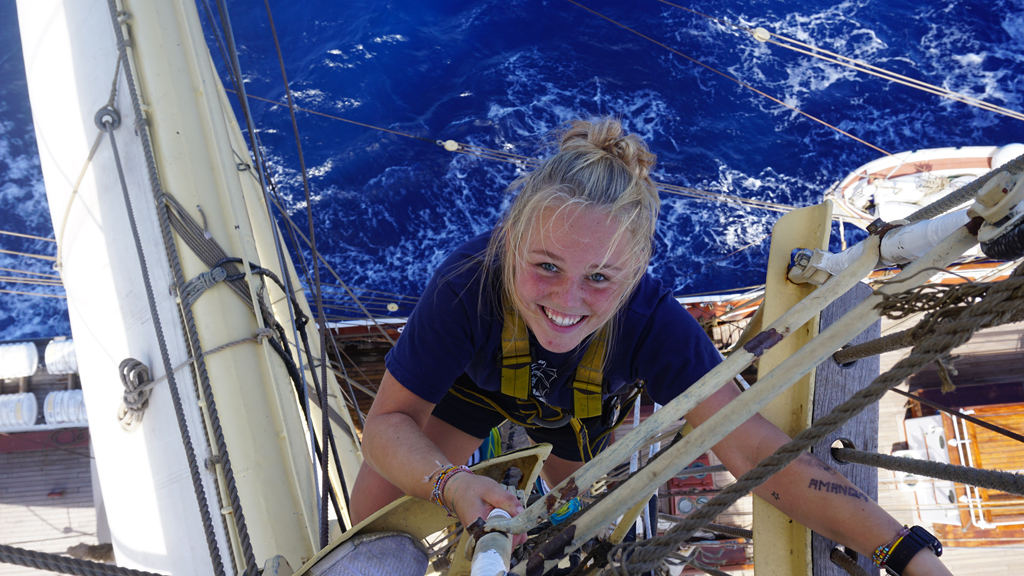
This drive to focus on educating a child beyond the classroom is a growing one and, curiously, whatever Ken Robinson, who has for many years been based in the USA, may think of British boarding schools, the irony is that, for many, their growing popularity to overseas parents is in part thanks to this self-same emphasis on discovering and nurturing the innate talents of the pupil.
Expansion Overseas
Not only are British independent boarding schools hugely subscribed by overseas pupils, but they are expanding their model exponentially, particularly into China and the Middle and Far East. Schools such as Harrow (Beijing and Shanghai), Shrewsbury (Thailand), Sherborne (Qatar) and Dulwich College, which has seven in Asia, were among the first. Sedbergh School in Cumbria has opened a school in Fuzhou and King’s College, Wimbledon in Wuxi, near Shanghai.
It is unsual for British parents to send their children to these schools but they are valuable to them. Kate Evason, head of marketing at Shrewsbury School, explains that if parents want their child to sample an international education, exchange programmes between sister schools are available. Andrew Fleck, head of Sedbergh, says that in the long-term such a programme is on the cards for their Fuzhou campus.
Look in the USA and you will find boarding schools such as Phillips Exeter in New Hampshire, where the Harkness method encourages students to discuss a subject ‘democratically’ around a table. Phillips Exeter is a major feeder for Yale, with students from over 25 different countries. Mark Zuckerberg, founder of Facebook, is an old Exonian.
Geelong Grammar School in Australia (again, Kurt Hahn-inspired) boasts a remarkable list of alumni (Rupert Murdoch among them) and places great weight on co-operative endeavour. This is particularly true during year nine when all pupils are sent for the year to Timbertop, the school’s 2,000 acre rural outpost in Victoria. Here the timetable comprises a five-day week academic programme and a rigorous outward bound programme. Pitching tents, three to six-day hikes, days of being ‘solo’ (where a pupil spends a day by himself in a tent at Mount Timbertop considering their goals), and a multitude of sports including canoeing and rafting are included. During the Timbertop year, a pupil typically spends 50 to 55 nights camping. Prince Charles attended Timbertop for six months and famously described his stay there as the favourite part of his education. (In 2018, sixth form fees including boarding for Geelong Grammar were around £27,000, putting it among the most expensive schools in Australia.)
Holistic, pupil-centred, ideal-driven, progressive, non-linear. You can find an education for your child that does what the great Liverpudlian TED Talker advocates. You can look in the West or the East, on the high seas or in the mountains. Whether there is a revolution afoot remains a moot point – but the opportunities out there are many. And growing.
This article was originally published in School House Magazine Spring/Summer in March 2019.
READ MORE: How Internationally-minded are UK Schools? | A Life-changing Education: John Olatunji on his Bursary at Christ’s Hospital

